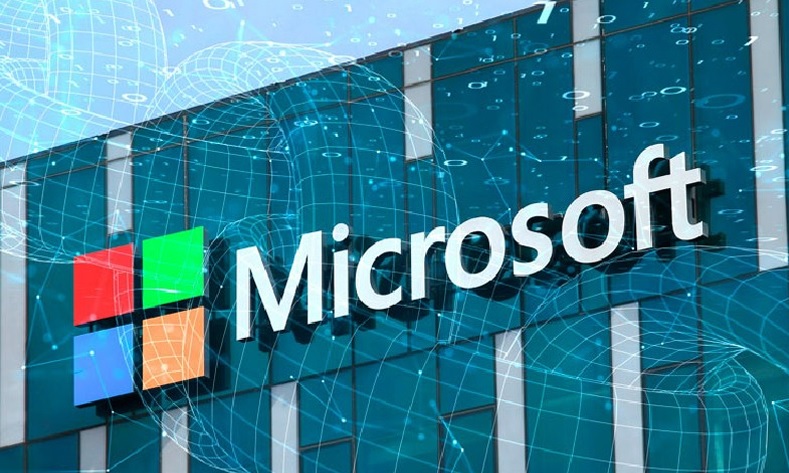
Microsoft Completes Three Azure Availability Zones in Saudi Arabia to Power Generative AI
Microsoft has confirmed the completion of three "availability zones" within its Azure data center region in Saudi Arabia. This development is critical to solidifying the Kingdom's regional leadership in artificial intelligence (AI). This infrastructure provides "sovereign cloud" capabilities, enabling government entities and the private sector to adopt generative AI technologies locally while fully complying with national regulations. This move strengthens the Kingdom's position as a secure, compliant, and AI-ready digital hub, aligning directly with Vision 2030 goals. The company's "AI Diffusion 2025 Report" ranked Saudi Arabia among the top three in the Middle East and Africa and among the top 25 countries globally in AI adoption, noting that approximately one-third of users in the Kingdom are now active adopters of AI-enhanced tools.
Regarding national capability development, Microsoft reported that joint training programs have reached more than one million beneficiaries over the past two years. Key initiatives include training over two-thirds of a million participants in the Saudi Data and Artificial Intelligence Authority's (SDAIA) "SAMAI" initiative, empowering over 5,000 women through specialized programs, and training thousands of students and over 100,000 teachers through partnerships like the AI Academy and the Microsoft Center of Excellence. The academy’s training has extended to more than 40 universities, producing finalists in international competitions, with intensive camps enabling participants to obtain professional certifications and secure employment for some before graduation.
Microsoft highlighted several examples of the operational impact of its services: Maaden increased productivity and governance, saving more than 2,000 hours per month using Microsoft 365 Copilot and Azure OpenAI. Obeikan Investment Group connected over 1,200 machines, achieving a 30% increase in productivity on the O3ai platform. Saudia Airlines developed a smart travel companion using GPT-4 on Azure OpenAI, and ACWA Power enhanced operational safety and water-quality readings using Azure AI capabilities.
Microsoft concluded by stressing that its role as a technology partner to the Kingdom is expanding in preparation for major events like Expo 2030 and the 2034 World Cup, and by supporting giga-projects—including NEOM, Qiddiya, and the Red Sea—and enabling digital transformation in key sectors like energy, finance, and logistics.








